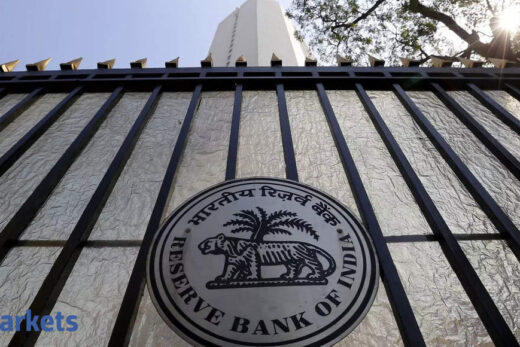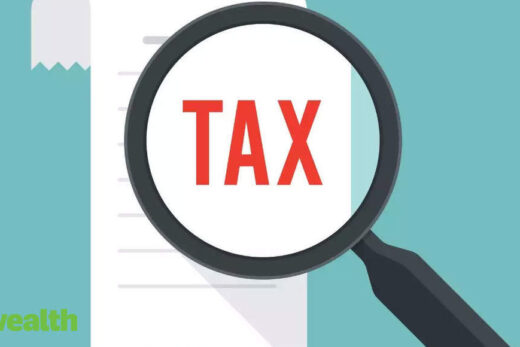To offer ease of operation to handle the customer complaint a Centralised Receipt and Processing Centre (CRPC) has been set up for centralized handling of all complaint receipts and initial processing and moving towards a ‘One Nation – One Jurisdiction’ approach.
Ombudsman is an appellate body where customers can escalate complaints if the financial institution fails to address the complaint within 30 days. Even when customers are not satisfied with the resolution offered or explanation given by the financial institution they can approach the ombudsman.
Here is a look at how the Integrated Ombudsman Scheme will work, as per the press release by PMO.
How will this scheme work?
- The central theme of the scheme is based on ‘One Nation-One Ombudsman’
- It will have one portal, one email and one address for the customers to lodge their complaints
- There will be a single point of reference for customers to file their complaints, submit the documents, track status and provide feedback.
- A multi-lingual toll-free number will provide all relevant information on grievance redress and assistance for filing complaints.
How grievances are redressed now
The Banking Ombudsman Scheme (BOS) was launched in 1995. It has undergone five revisions and also forms the basis for launch of the Ombudsman Scheme for Non-Banking Financial Companies (OSNBFC) in 2018 and Ombudsman Scheme for Digital Transactions (OSDT) in 2019. The current integrated scheme was prepared on the basis of the recommendations of the Committee set up by RBI to Review the Ombudsman Schemes.
An Internal Working Group with 10 members, including eight Ombudsmen, one officer each from the Legal Department and Consumer Education and Protection Department (CEPD), was constituted to undertake a detailed review of the Ombudsman Schemes of RBI. The Committee made some major recommendations with the most prominent one being the convergence of the existing Ombudsman Schemes – the BOS (as amended upto July 1, 2017), the OSNBFC, 2018 and the OSDT, 2019 – into a single integrated “RBI Ombudsman Scheme”.
To increase the transparency and consumer awareness it had also suggested to broad-base the grounds of complaints and incorporate only a detailed ‘negative’ or ‘exclusions’ list for rejection of a complaint.
The time taken in resolving the complaint was also an area of concern for the committee which recommended a reduction in the turnaround time (TAT) for complaint resolution to 30 days in a phased manner over a period of two years.



